My oldest daughter spends most of her free time at the stables where she rides horses. She will happily muck stalls (aka shovel poop), wash horses and handpick fungus off their legs. Will she clean her bathroom, hang up a wet towel or care to not leave trash under bed? Absolutely not. But I digress.
You see, the farm is her happy place — it’s the place where she feels most like herself. At school, she is anxious and nervous about what others think, but at the farm, she is calm, capable, and fully in control of herself and her horse. She is her most authentic self there.
But something happened one summer. While at the farm, she experienced a few incidents that reminded her that as much as she loves a horse, it is still in fact a large animal. As she was on a trail ride, the horse spooked, galloped back to the barn and she was unable to control it. It wouldn’t respond to direction, which terrified her. She was absolutely frightened. For a month, what was supposed to give my daughter therapy and peace, did nothing but create fear and anxiety.
The breaking point was when I received a phone call from her in a panic asking me to come pick her up early from the barn. She didn’t want to do the trail ride (the same trail where the horse lost control). I walked into the barn, and there she was, having a full-on panic attack. She had the horse in the stall but the door was jammed open. She was afraid the horse was going to trample her.
I walked up and assessed the situation. The horse was calmly eating hay in the stall. It wasn’t angry. It wasn’t bucking. It was just there. But Sinclair was absolutely convinced otherwise. So I took the lead rope from her hands and stood there with her. I spoke both to her and the horse calmly. I encouraged her to take deep breaths even as she yelled at me. And finally, I looped the rope around the horse’s neck and lead it into another stall.
In those types of moments, I think one of the greatest things we need to develop as parents is empathy. My daughter didn’t need a lecture. She didn’t need tough love. She needed me to pull up a chair and be with her. She needed me to sit with her long enough for her to figure out what needed to happen. She needed my presence. She was the one who said to loop the rope around its neck. She was the one who ultimately walked the horse to the other stall. She needed my presence, not my fixing. She was fully capable of figuring out what needed to happen next. My empathy and presence allowed her to do what she needed to do. My empathy was a balm to her.
In parenting, it’s easy to show up with quick fixes over empathy. Trust me, in a house full of girls there are a lot of tears. I mostly just want to fix the tears. And when I am annoyed or frustrated, I usually lack empathy. For years my kids would be afraid at night—safely tucked into our home with both parents nestled in the room next door on a suburban street. I couldn’t understand why she would be afraid? She has everything that signifies safety. But just because I don’t get afraid to the point of screaming in the night, doesn’t mean I don’t know what it’s like to feel afraid.
Our kids are real humans with real emotions experiencing real things. They have a brain and are created with a certain personality. They take in experiences real or perceived just like you do. They are human just like you.
What would have happened if I saw Sinclair’s panic and responded to her with judgment, shame or intensity? I don’t know exactly what would have happened, but I do know it wouldn’t have helped the situation. You see, I saw that there was nothing to fear in the moment. I saw the calm horse. But Sinclair didn’t. And I do know what it’s like to have a panic attack. I do know what it’s like to be afraid of something so greatly that it paralyzes you. So that’s where I chose to meet her. I met her from a place of understanding—empathy.
Have you ever put yourself in their shoes?
- When was the last time you felt afraid?
- When was the last time you felt unsure of yourself?
- When was the last time you felt anxious about something?
Those feelings are all normal yet we often dismiss them in our kids. We want to skirt them and push past them. Just get over it. Taking the time to pull up a chair and sit with them feels unnecessary and too lengthy.
Even if I am not afraid of the same things, I know what fear feels like. I know what anxiety and stress feel like.
And when I feel afraid, how do I want people to react towards me?
- Do I want judgment?
- Do I want someone to patronize me?
- Do I want to feel shame?
- Do I want someone to yell at me?
No. I want someone to pull up the chair and sit with me. Maybe even in silence. I need time and space to work through the emotion. I need someone to say, “I know.” “I get it.” “I’ve been there.”
And our kids need the same thing. You don’t have to solve the problem. You need to sit with them long enough for them to move through whatever it is. They need your comfort. They need your presence. They need to know that you, too, know the feeling they are experiencing. When we choose to respond with empathy, it is a balm to our kids. No fixes, solutions. Just empathy.
~
- What is something that helps you respond with empathy toward those around you?
- To respond with empathy, we have to be able to remain calm. What is one way you are able to ground and calm yourself in order to respond with empathy when needed?
Love a good GIVEAWAY?
Share your answers to one or both of the questions above with us in the comments and be entered to win a copy of A Mother’s Guide to Raising Herself: What Parenting Taught Me About Life, Faith, and Myself by Sarah Bragg.
The winner will be announced in our next newsletter. Don’t get our newsletter? Sign up here!
Enjoyed it? Share it!
Sarah Bragg
Sarah Bragg is a popular podcast host, communicator, and author. You can find her on iTunes hosting the podcast Surviving Sarah. She is also the author of A Mother’s Guide to Raising Herself: What Parenting Taught Me About Life, Faith and Myself. She is also a wife, mother of girls, and a creative entrepreneur. Sarah is a master at brewing coffee and helping others survive well right where they are. Sarah and her family reside in Tennessee. You can find more from her at SarahBragg.com and @sarahwbragg.
But wait, there's more...


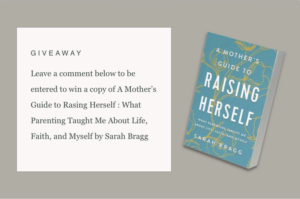






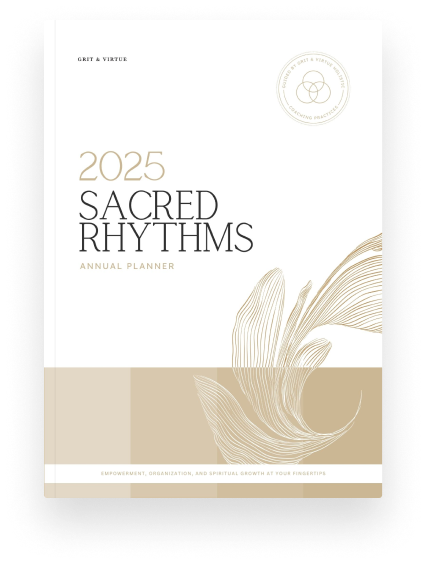

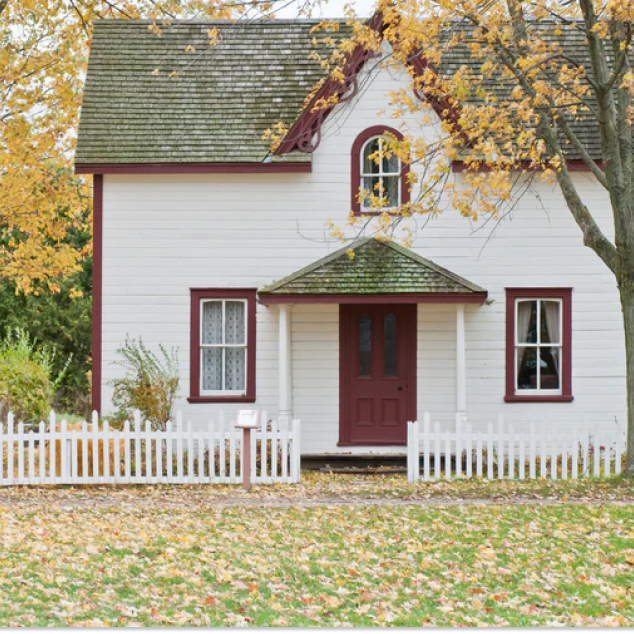

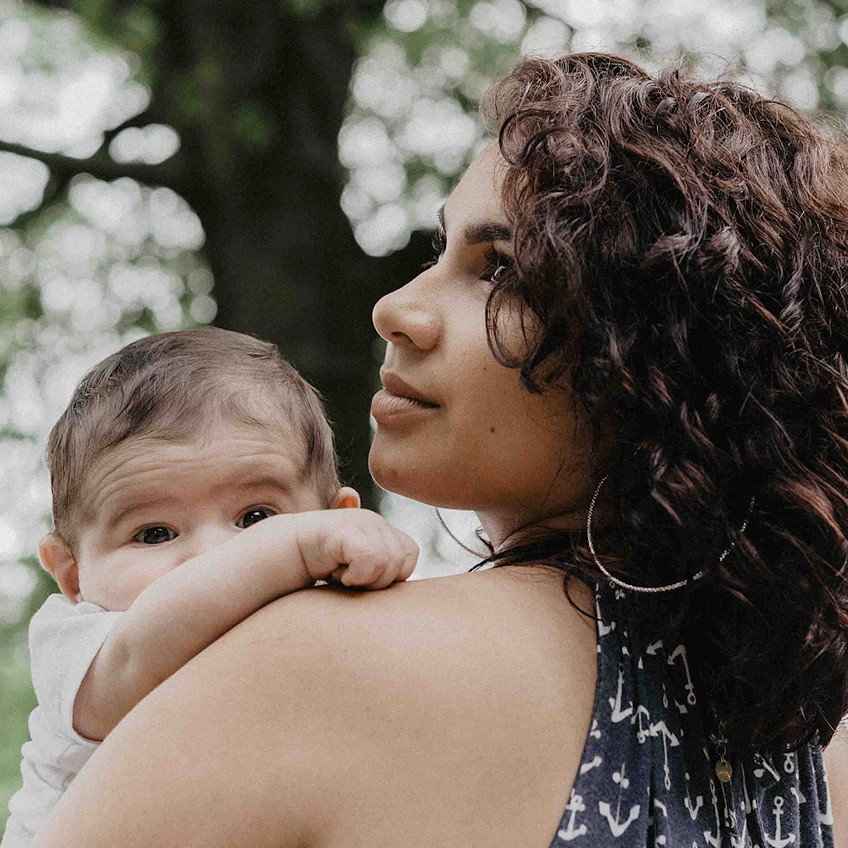
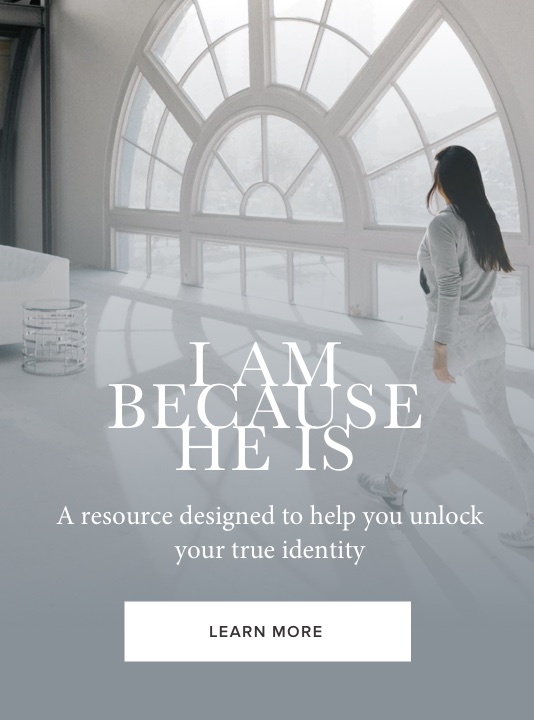
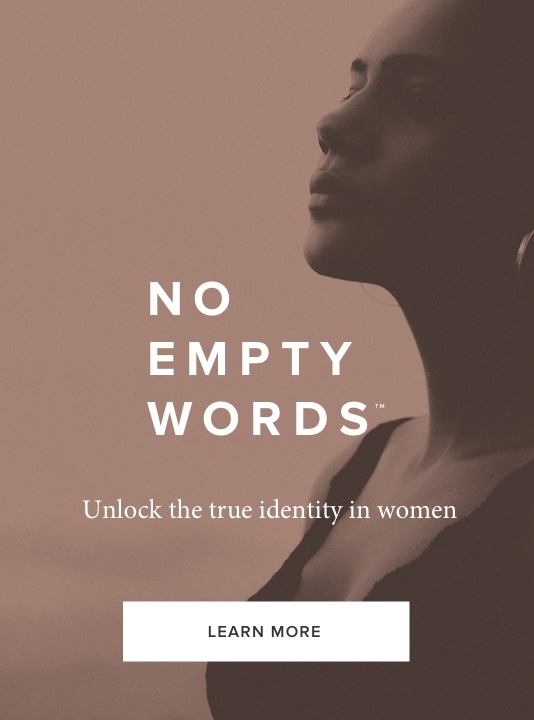

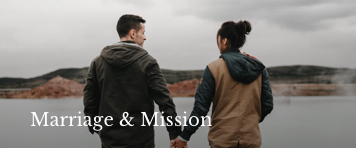
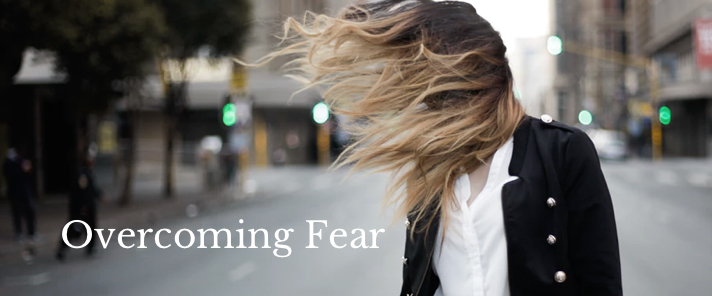
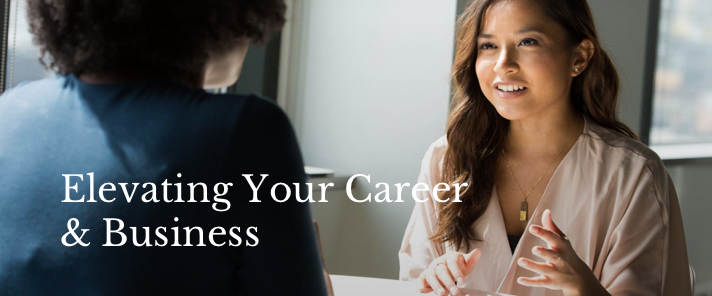
Love this article so much! We had a hiccup with our comments section however it’s all fix now. Can’t wait to hear everyone’s thoughts about what helps you respond with empathy toward those around you while remaining grounded and calm in the process.
Thank-you for writing!
I can be more empathetic because I know what it’s like to be freaking out (irrationally) while simultaneously realizing that is anything but helpful. It took most of my life falling apart in the last few years so I could be more gentle and less “You need to pull yourself together!”
When the anxiety becomes overwhelming, if I breathe or listen to music, that helps me remain grounded and calm.
Remembering we all have experiences in this lifetime we must process and glean from Ultimately we all want/need empathy in our most vulnerable moments not judgement. When I go back to a moment I felt vulnerable or dealt with a struggel then I am more likely to be in a posture of true empathy and provide that service to another.
I can remember to be empathetic when I think about being humble. Yes, I would like to make myself heard (sometimes literally) and try to always be right or always have the control over things. But that is not humility, I have learned that my character was not showing Jesus. He responded in a clam way, always putting others first, even though the others were hating on Him. So what makes me grounded and able to respond calmly is letting the Holy Spirit lead me to humbleness. I take deep breaths, think before I speak and try to show empathy even when the flesh tells me to judge or fight back.
One way I am able to ground and calm myself in order to respond with empathy when needed is pausing and reminding myself that if the person I am talking to needs a listening ear and comfort to offer them thy and not try to “fix” them. I also remind myself of ways that I could offer empathy that is healthy and not make the situation about myself so that I can focus on providing empathy to that person.
I try to remember that everyone is dealing with things that I know nothing about. Since I don’t know what another person is fully dealing with, I try to remind myself that what might appear to be about one issue likely has a lot of deeper issues going on. A little bit of grace and patience can make a huge difference to someone struggling with something else.